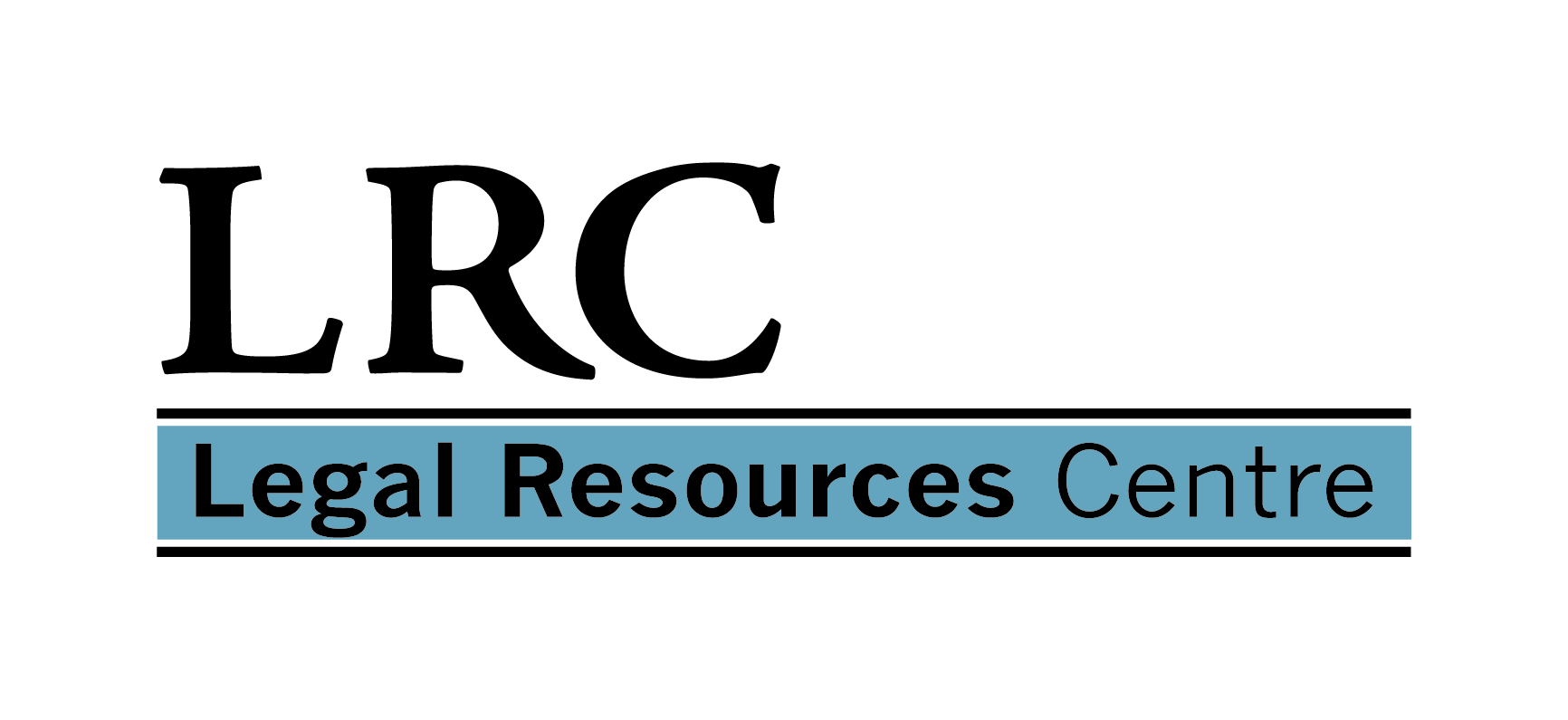The High Court ruled that the Eastern Cape Department of Education (ECDOE) and Department of Transport (ECDOT) must provide scholar transport to all qualifying learners for the 2025 school year. The judgment affects approximately 40,000 learners and mandates that transport requests be resolved by the end of January 2025. The departments are also required to create catch-up plans for learners who missed transport in 2024 and provide individualized reasons for any refusals. This decision marks a significant victory in ensuring every child’s right to education.
19 December 2024
The Legal Resources Centre, acting for the Khula Development Project in Peddie and numerous schools across the Eastern Cape, welcomes Tuesday’s (17 December) High Court order from Makhanda. Acting Judge Nicola Molony acknowledged that “Thousands of learners in the Eastern Cape, particularly in impoverished and rural areas, have to travel long distances, often over perilous terrain, to get to school. Their families do not have the means to find sustainable solutions to this challenge. The negative ripple effect of this is obvious.” After declaring the Eastern Cape Department of Education (ECDOE) and the Eastern Cape Department of Transport’s (ECDOT) failure to provide all qualifying learners with scholar transport unconstitutional and invalid, Molony AJ directed the ECDOE and ECDOT to take multiple and concrete steps to ensure that all qualifying learners will receive scholar transport for the 2025 academic year. Approximately 40,000 learners requiring transport will be affected by the judgement.
Molony AJ directed that all new applications/requests for scholar transport must be decided by the end of January 2025, and that all successful learner applicants must be provided with transport within 10 days of the decision being taken. Where the department has already taken a decision in respect of a learner’s application (prior to the court’s order), the learner must be provided with transport by 17 January. Where applications are unsuccessful, the department must provide reasons for the refusal, explain the appeal process to the learner/school, and then decide any submitted appeal within 10 days of an appeal being submitted. Where an appeal is successful, transport must be provided within 10 days of the appeal decision being taken.
Noting the impact that the ECDOT and ECDOE’s failure to provide transport to all qualifying learners in 2024 has had, Molony AJ ordered that where qualifying learners failed to receive scholar transport for a week or longer during 2024, the ECDOE must also develop a plan to provide affected learners with extra support to help them catch up missed school work.
Significantly, the court also granted a structural interdict requiring the ECDOE and ECDOT to report back to court by 7 February 2025, and then every 30 days thereafter for seven months. The departments’ reports must give a full account of the steps taken to ensure that all qualifying learners were transported from the first day of the 2025 academic year. The reports must detail, and then provide monthly updated figures, of all the schools and learners that apply for transport, the status of their applications, the number of applications refused (if any), confirmation that individualized reasons were given for each refused request, the number of appeals, and the status of each appeal.
The order was made after rejecting the departments’ plea for more time to amend their scholar transport policy and “get their house in order” and dismissing the departments’ unsupported claim that there was insufficient budget to transport all qualifying learners. Molony AJ noted that “The bulk of the learners who require scholar transport not only fall amongst the most disadvantaged socio- economically, but are also children, meaning that they are vulnerable and have little power against the respondents. This court as the upper guardian of all minors within its area of jurisdiction is also required to promote their best interests, and has a wide discretion in this regard.”
Petros Majola of the Khula Development Project, the first applicant in the matter said: “I am very happy about the Judgment on the case of Scholar Transport in the EC. Our duty is to advocate for Children’s Rights and we continue using every possible avenues to ensure that no child walks a very long distance to and from school, and that no child walks dangerous roads to access education. The fact that the Judgement is in our favour is a relief to all qualifying children who have been deprived of this benefit. It is quite embarrassing that every year we have to take our own government to court. After so many years of democracy, it is disappointing that we have to fight in order for Government to do what they supposed to be doing. We thank the LRC for being there for organizations such as ours and for being committed in fighting for the Rights of children and vulnerable groups. All that is expected now is for Government to implement the order and make sure we don’t face the same situation come January 2025.”
Cameron McConnachie of the LRC said: “Our clients are under no illusions about the challenges ahead to ensure that that the order is implemented. An estimated 40,000 more learners still require transport. But the judgment is a significant step on the road to ensuring that all learners can enjoy their constitutional right to basic education in the Eastern Cape.”
For comment contact:
Cameron McConnachie (Legal Resources Centre): cameron@lrc org.za






